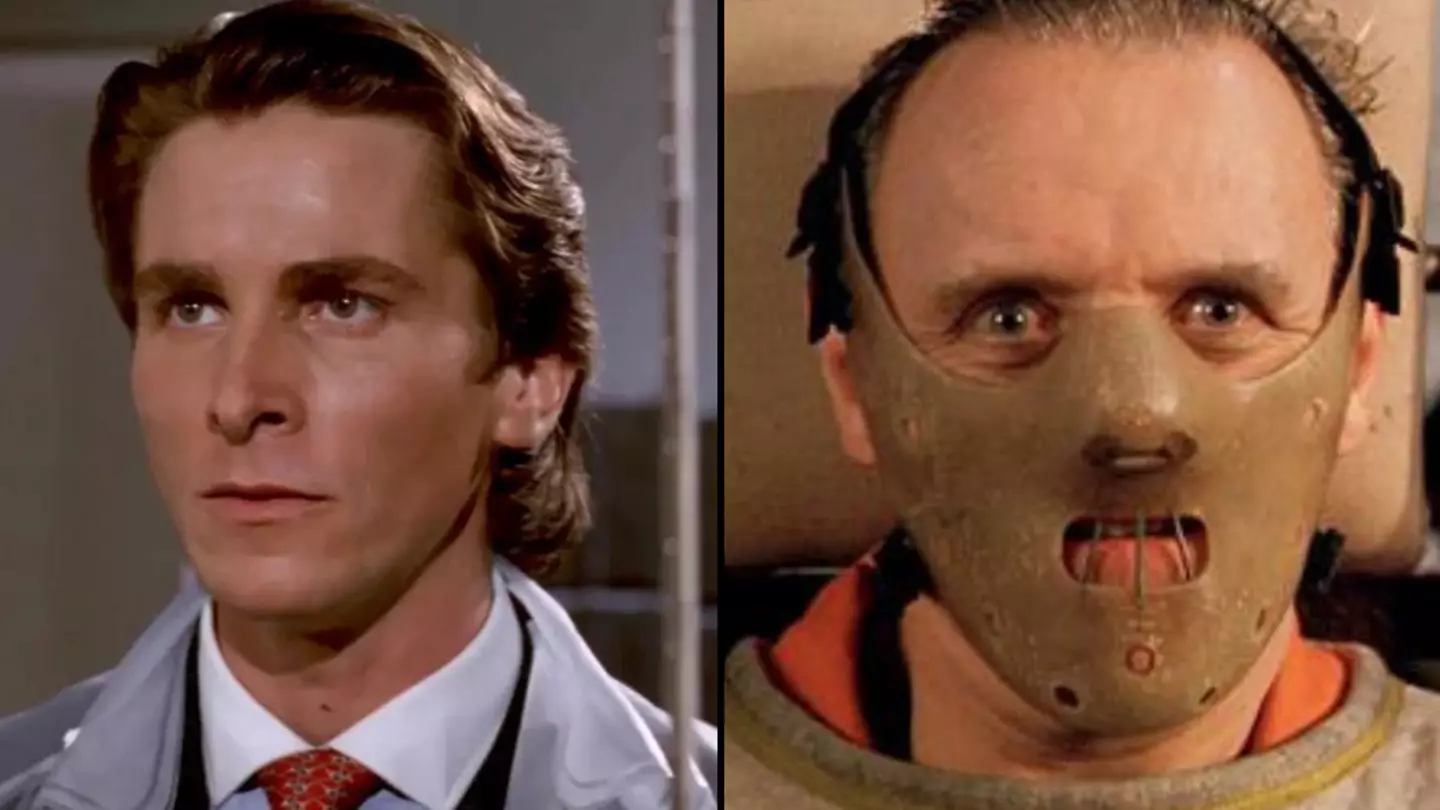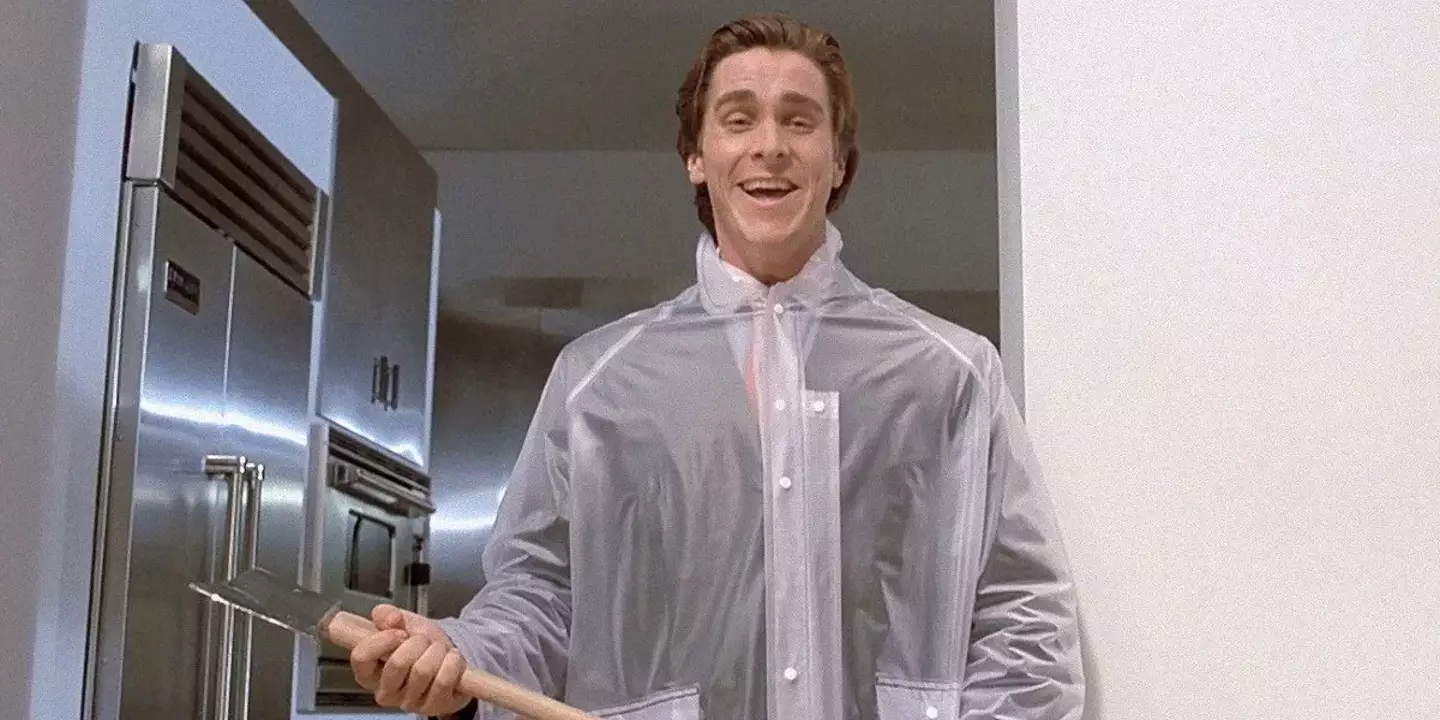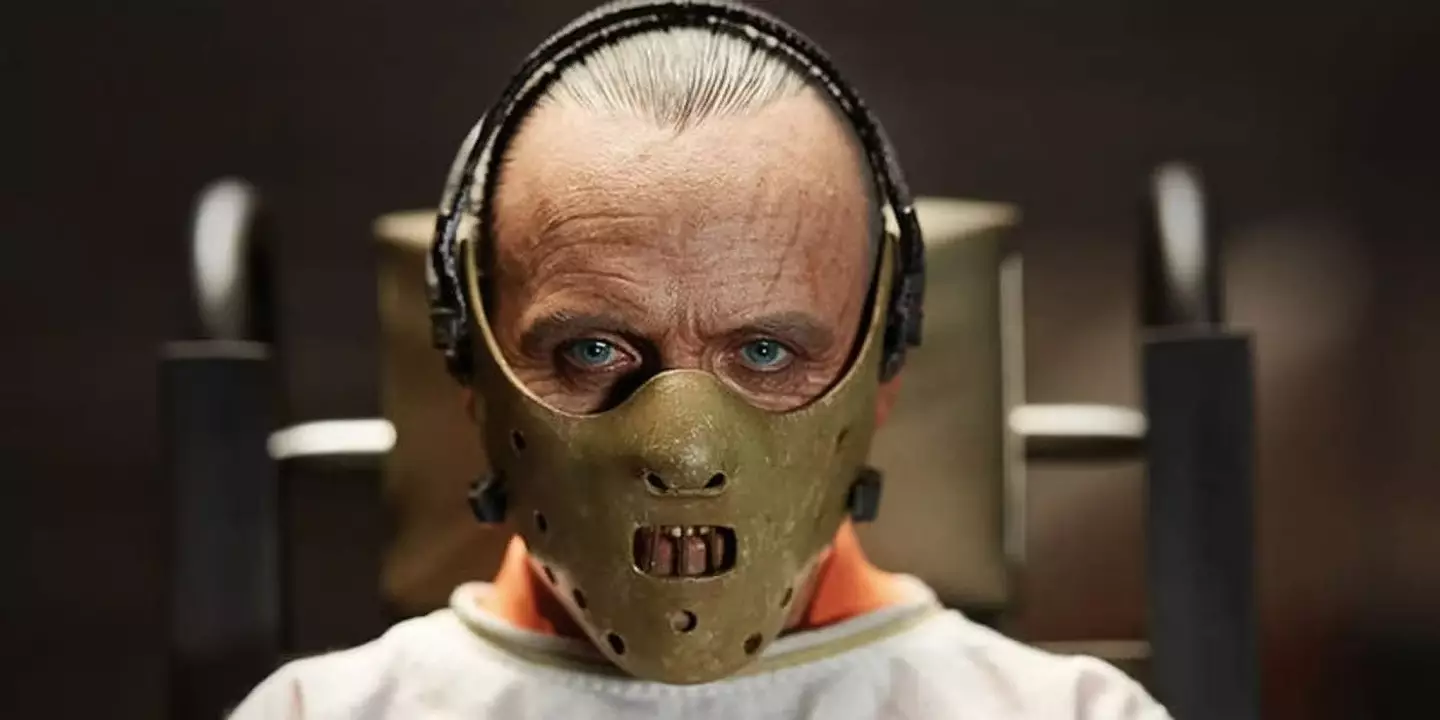
Here are the real signs of a psychopath as experts have warned us not to take film characters too seriously.
The stereotype around those with psychopathy is usually someone who lacks empathy for their common man and regularly engaging in violent behaviour - think Patrick Bateman and Hannibal Lecter, for example.
However, this is not always the case.
If you ask the experts, there is a lot more to a 'psychopath' that meets the eye and it's important to understand what type of person you are dealing with.
What is a psychopath?

Advert
Psychopaths generally have 'a severe form of antisocial personality disorder', which is 'characterised by impulsive, irresponsible and often criminal behaviour,' according to the NHS.
The specialists at non-profit organisation PsychopathIs have since categorised the main features of a psychopath into three personality traits:
An uncaring temperament
Those who are associated with 'aggression or antisocial behaviour' are classified as having 'an uncaring temperament'.
If someone behaves in a way that causes 'physical, social, emotional, or financial harm' to others, this could be a sign of a psychopath.
Advert
Other worrying signs include:
- lying
- lack of remorse
- unconcerned with achieving anything
- no friends
- seem cold
Boldness and Social Dominance

Psychopaths tend to have 'fearless, bold, and dominant personalities', often taking 'physical, social, financial, or legal risks'.
Advert
They are also considered to be thrill-seekers and appear to be very 'confident or arrogant'.
Disinhibited Behaviour
This third trait is comes as a less of a surprise than the other two.
Those who are 'impulsive, spontaneous, or unplanned' could be psychopath, according to the charity, which is slightly concerning.
People who don't plan ahead and 'get bored or impatient more easily than others of the same age' are examples of a disinhibited person.
So what are the most accurate portrayals of psychopaths in films?
Well, Belgian psychiatry professor Samuel Leistedt took 10 of his friends to watch 400 films from 1915 to 2010 to find out that answer.
Advert
The aim was to come out with a shortlist of 126 psychopathic characters to narrow down who are the most realistic to a psychopath.

In their research, they concluded that American Psycho's Patrick Bateman and Silence of the Lambs' Hannibal Lecter were inaccurate.
However, there were a few notable expections - with Javier Bardem's character Anton Chigurh in No Country for Old Men said to be one of the more accurate representations of a psychopath.
They wrote: "He seems to be effectively invulnerable and resistant to any form of emotion or humanity."
Advert
Two honourable mentions are Peter Lorre's performance of a child-killer in the 1931 German film M, with the team noting that it is an accurate representation of a child predator today, and Michael Rooker's portrayal of a serial killer in Henry: Portrait of a Serial Killer.
Leistedt noted that his poor personal relationships and inability to plan ahead made him an idiopathic psychopath.
Topics: Film, Health, Mental Health